There are many words that could be used to describe Humza Yousaf’s political career to date.
Lucky, liability, charming, complacent – the list could go on, probably quite quickly descending into territory unsuitable for a newspaper of this quality.
Yet the one word that is perhaps most apt to describe Yousaf’s career in politics up until now is loyalty.
This cuts both ways and for much of his career he has been its beneficiary.
Loyalty has seen Yousaf rise through the ranks of ministerial office, under both Alex Salmond and then Nicola Sturgeon, despite his obvious administrative shortcomings.
It has seen him survive repeated scandals, not least when he was caught driving without insurance while serving as justice secretary.
It is, in many ways, loyalty – in this case to his predecessor’s choice – that saw just enough SNP members cast aside their better judgement to make him party leader earlier this year.
‘Infatuated with Sturgeon’
But just as Yousaf has been a notable recipient of loyalty, so too has he dispensed it widely and generously too.
He remains, at least publicly, infatuated with Sturgeon, despite her bringing his party and leadership into disrepute, and effectively derailing his premiership.
Equally, in recent weeks he has remained almost stupendously loyal to his embattled Health Secretary Michael Matheson after it emerged he tried to charge taxpayers for an £11,000 data roaming bill run up by his family watching football matches while on holiday in Morocco.
Meanwhile, he has also remained almost unthinkingly loyal to the disastrous policy choices of his predecessor – not least the Green Party coalition, a presumption against oil and gas development, and a de facto referendum – despite their widespread unpopularity and rank absurdity.
In politics, loyalty is a rare commodity and generally a good thing, but only up to a point.
Yousaf’s problem is that he regularly, if not continuously, goes beyond that point.
Take, for instance, the case of Matheson.
At first glance, Yousaf’s loyalty to one of his most senior ministers may seem admirable, but on closer inspection, it is anything but.
By not making him resign when the issue – it was not yet a scandal – first came to light he has allowed his entire government to become engulfed in a serious reputational crisis.
What would have been a footnote in the history of his premiership is now a chapter, if not quite the whole narrative.
Perhaps more damagingly still, his loyalty to Matheson has overshadowed one of his few political successes since becoming First Minister – exposing Labour divisions over support for a ceasefire in Gaza.
‘Years in the wilderness’
Nor is this loyalty particularly kind to Matheson himself, either.
Had Yousaf told him to resign when the issue of the data roaming charges first came to his attention, Matheson could have left office with decency and even a degree of sympathy.
He could have returned, after a suitable period of reflection, to high office, his reputation untarnished, this episode long forgotten as an unfortunate error and nothing more.
Instead, by Yousaf allowing the health secretary to cling on, Matheson’s reputation has become significantly damaged, possibly beyond repair.
Thanks to Yousaf’s loyalty, if Matheson now resigns he will spend years in the wilderness, while if he somehow continues to cling on, he will be left a lame duck and a liability.
Neither outcome is a kindness to a man the first minister clearly considers a friend.
This is equally true for Matheson’s family who have, unfortunately, come to play a key role in what is now a scandal.
It is as much a result of Yousaf’s loyalty as it is the initial error that they are now at the centre of a media storm.
If the desire was to protect them and scrutiny of their behaviour, the kindest action would have been to ask for Matheson’s resignation as soon as the cause of the data roaming charge came to light.
Instead, Yousaf once again remained loyal, and the saga continues.
Further loyalty challenges
The question now is whether Yousaf can learn from his mistakes and only remain loyal to a point.
This is not just a matter that relates to personnel, but also policy.
Yousaf has repeatedly stated his support for “progressive taxation”, again clinging blindly to a policy first introduced by his predecessor, while the Scottish Government also faces a significant challenge to balance its books.
Following the Chancellor of the Exchequer’s Autumn Statement, both Yousaf and his finance secretary, Shona Robison, know they now have more than £500million in additional funds – money that could go a long way to balancing the budget without the need for further tax rises.
Will Yousaf use this windfall to fill the gap in public finances, or will he remain loyal to his previous pledges and nevertheless increase the tax burden on Scottish people and businesses still further?
The answer to that question – as well as Yousaf’s wider commitment to loyalty – may well help decide just how far the SNP’s popularity declines on his watch.
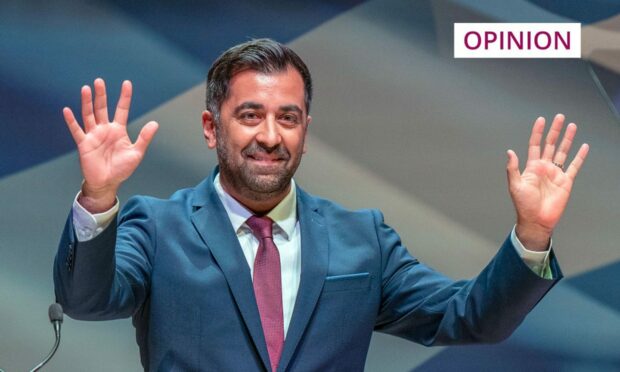


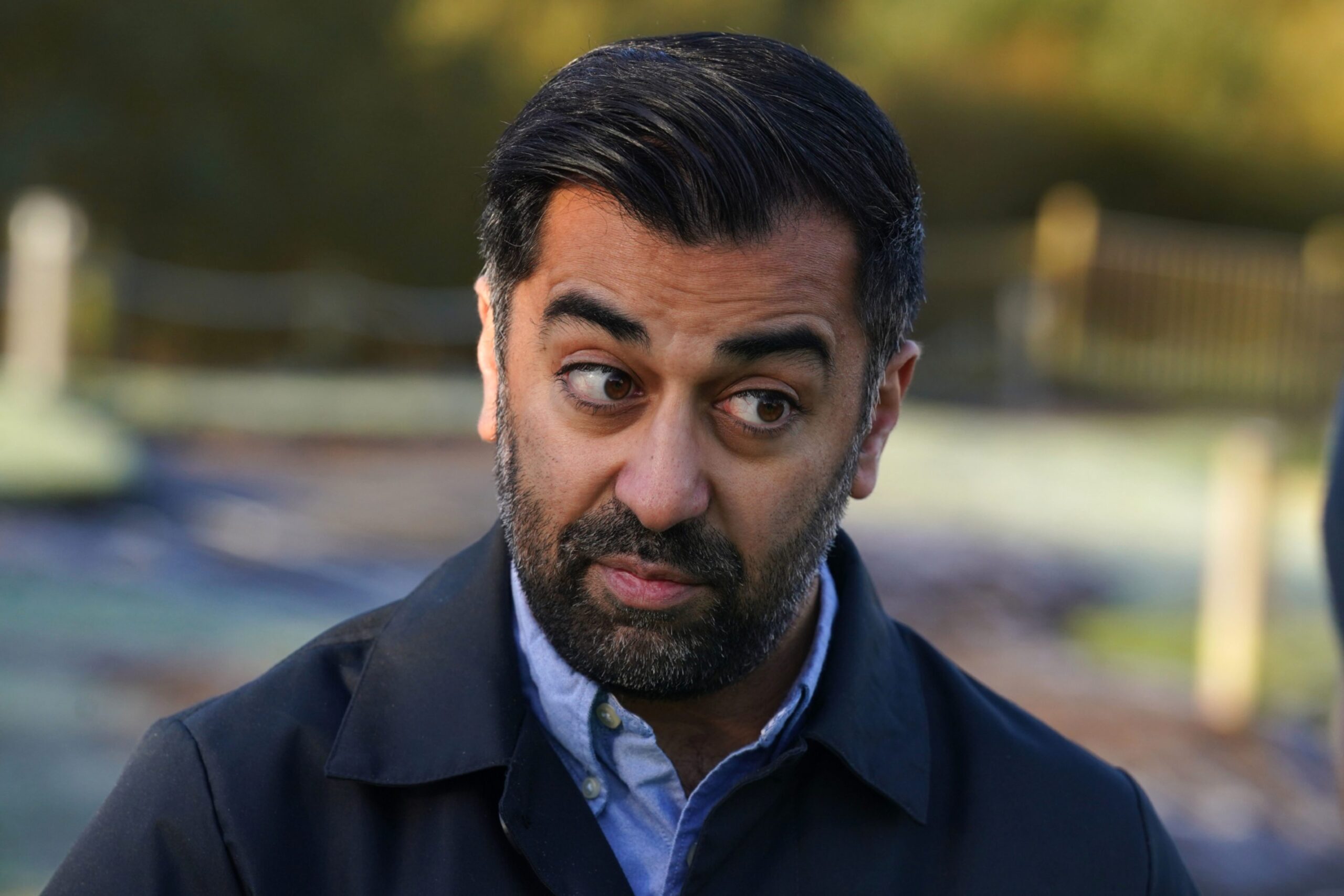

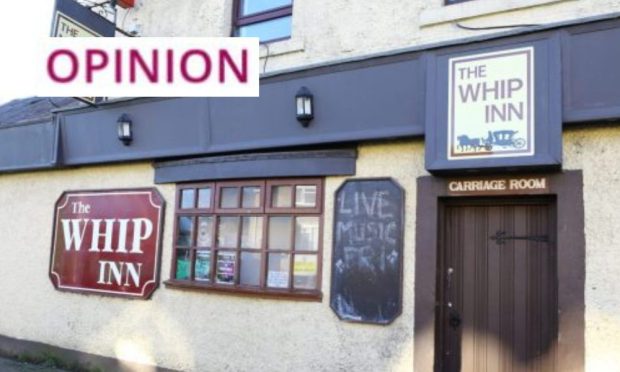
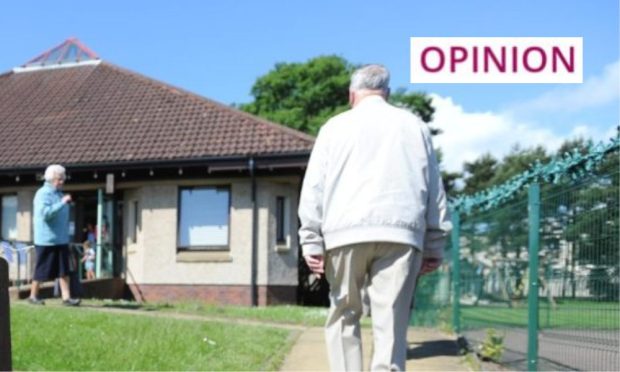

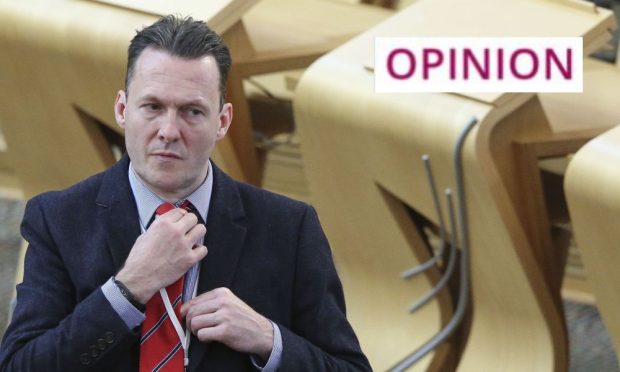



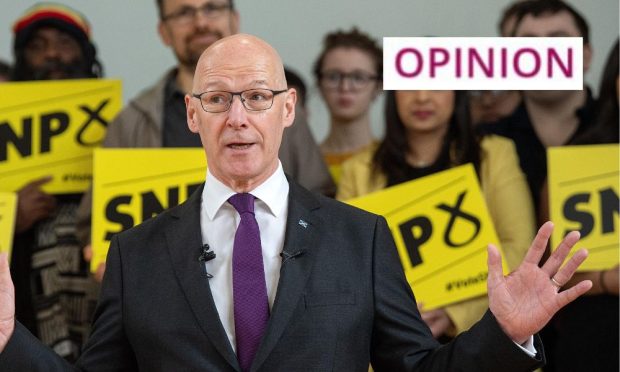

Conversation